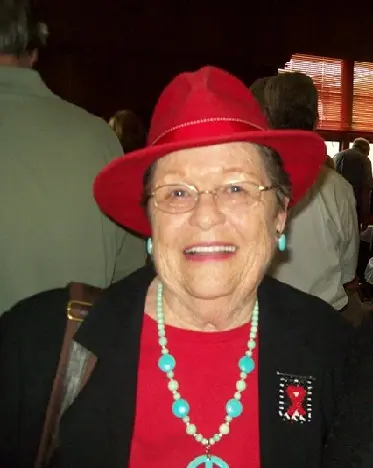
10 Oct 2022 Goodnight Sweet Poet
The months of harvest celebrate the plenty of the earth, but the wind of changing seasons often carries the fragility of fresh grief.
Two weeks ago, I whispered a final goodbye to an extraordinary poet, warrior, and friend, Dorothy Alexander. Dorothy died on September 28th after fighting a cancer diagnosis.
A few years ago, before COVID, I taught a series of Santa Fe Community College continuing education courses about horses in memoir, poetry, fiction, and myth. Dorothy enrolled in two of these classes she called her ‘horse courses’.
Dorothy was a lawyer, and magistrate judge turned poet; she was a champion for anyone in need of an ally. Poetry was soul work for Dorothy. As a writer, looking inwards wasn’t good enough for Dorothy. Challenging disenfranchisement, prejudice, and oppression fueled Dorothy’s life both on the page and in everyday life.
The ‘horse courses’ inspired Dorothy to revisit her own life in Oklahoma, a hardworking farm life that included horses pulling the plow and assuaging heartbreak.
In honor of Dorothy’s indomitable spirit, I am including a poem she wrote in one of the ‘horse courses’ she enjoyed so much.
Elegy for Horses
Where are you now, you odd-toed
Ungulates? You Equus ferus. You caballus.
You big-footed working animals.
Gone like the autumn moon standing
above the horizon, the corn ready for harvest,
leaving only your names:
Rowdy, Nancy, Brownie, Little Joe, Old Red,
along with the ghost of all those years
of straining muscles, of bone, sweat, and fetlocks.
How long since you pulled the plow
laying open the fallow soil
of the grass-stitched prairie,
driven by the one whose muscles
were as strong and firm as yours,
his determination even more so.
He, like you, pulling, straining
moving the earth in ever
wider circles, gathering in swaths
of grain, corn, wheat, maize, kafir,
bales of cotton, the world turning
under your feet, as you obeyed the commands
of the one who sang as he worked. The one
who fathered me, now as absent as you are.
All of you redeemed by the purity of your labors.
By Dorothy Alexander

